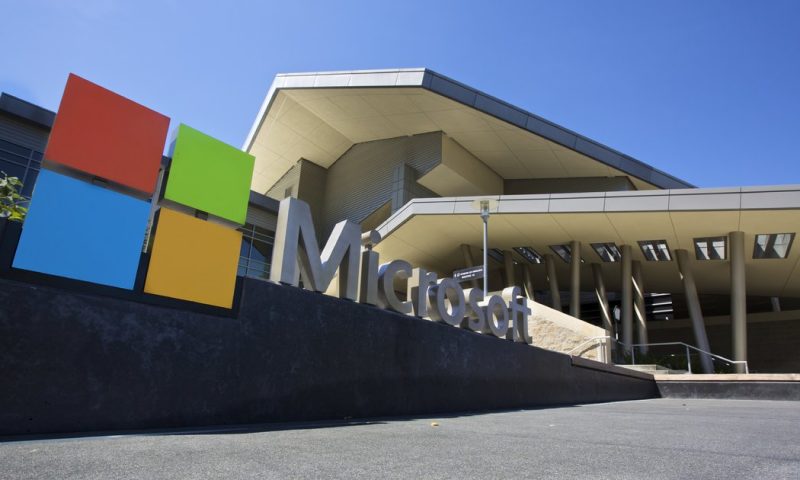Microsoft has its head in the clouds—the Microsoft Cloud for Healthcare, that is, which will soon get a major boost from the tech giant’s acquisition of Nuance Communications.
Microsoft will shell out $19.7 billion cash for Nuance, its largest acquisition by far since it scooped up LinkedIn for $26.2 billion in 2016.
That headline price represents $56 per share, approximately 23% above Nuance’s closing price on April 9, the last full trading day before the acquisition plans were made public. The deal is expected to close by year-end.
With Nuance’s speech recognition and conversational AI software under its umbrella, Microsoft will expand its push to bring cloud-based AI tools to the healthcare industry on a broader scale. The tech giant figures the new products expand its target market in the clinical field to $500 billion.
The two companies already have experience combining their technologies: They formed a partnership in October 2019 that began by adding Nuance’s note-taking ambient AI to Microsoft’s Azure cloud computing service so it could be more easily integrated into healthcare providers’ electronic health record platforms.
“Nuance provides the AI layer at the healthcare point of delivery and is a pioneer in the real-world application of enterprise AI,” Microsoft CEO Satya Nadella said. “AI is technology’s most important priority, and healthcare is its most urgent application.”
Nuance CEO Mark Benjamin will stay in that job and report to the head of Microsoft’s cloud and AI business after the deal closes. Nuance’s financial results will fold into its new parent company’s Intelligent Cloud segment.
In 2020, that segment alone posted an annual revenue increase of 24%, totaling more than $48 billion, driven largely by its server products and Azure cloud services. Nuance, meanwhile, also saw double-digit growth, with a 37% year-over-year increase in healthcare cloud revenue over the 2020 fiscal year.
That growth came as a product of Nuance’s recent prioritization of healthcare and enterprise AI, with a focus on building “more personal, affordable and effective connections” through its conversational AI technology, Benjamin said in a statement.
“The path forward is clearly with Microsoft—who brings intelligent cloud-based services at scale and who shares our passion for the ways technology can make a difference,” he said.

